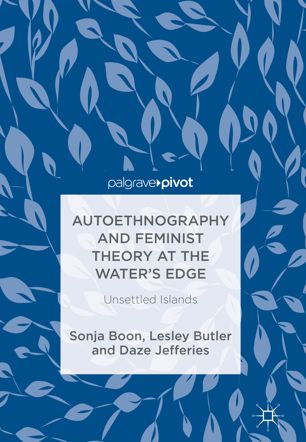

Most ebook files are in PDF format, so you can easily read them using various software such as Foxit Reader or directly on the Google Chrome browser.
Some ebook files are released by publishers in other formats such as .awz, .mobi, .epub, .fb2, etc. You may need to install specific software to read these formats on mobile/PC, such as Calibre.
Please read the tutorial at this link: https://ebookbell.com/faq
We offer FREE conversion to the popular formats you request; however, this may take some time. Therefore, right after payment, please email us, and we will try to provide the service as quickly as possible.
For some exceptional file formats or broken links (if any), please refrain from opening any disputes. Instead, email us first, and we will try to assist within a maximum of 6 hours.
EbookBell Team

4.7
46 reviewsThis book takes an intimate, collaborative, interdisciplinary autoethnographic approach that both emphasizes the authors’ entangled relationships with the more-than-human, and understands the land and sea-scapes of Newfoundland as integral to their thinking, theorizing, and writing. The authors draw on feminist, trans, queer, critical race, Indigenous, decolonial, and posthuman theories in order to examine the relationships between origins, memories, place, identities, bodies, pasts, and futures. The chapters address a range of concerns, among them love, memory, weather, bodies, vulnerability, fog, myth, ice, desire, hauntings, and home.
Autoethnography and Feminist Theory at the Water’s Edge will be of interest to students and scholars across a range of disciplines including gender studies, cultural geography, folklore, and anthropology, as well as those working in autoethnography, life writing, and island studies.